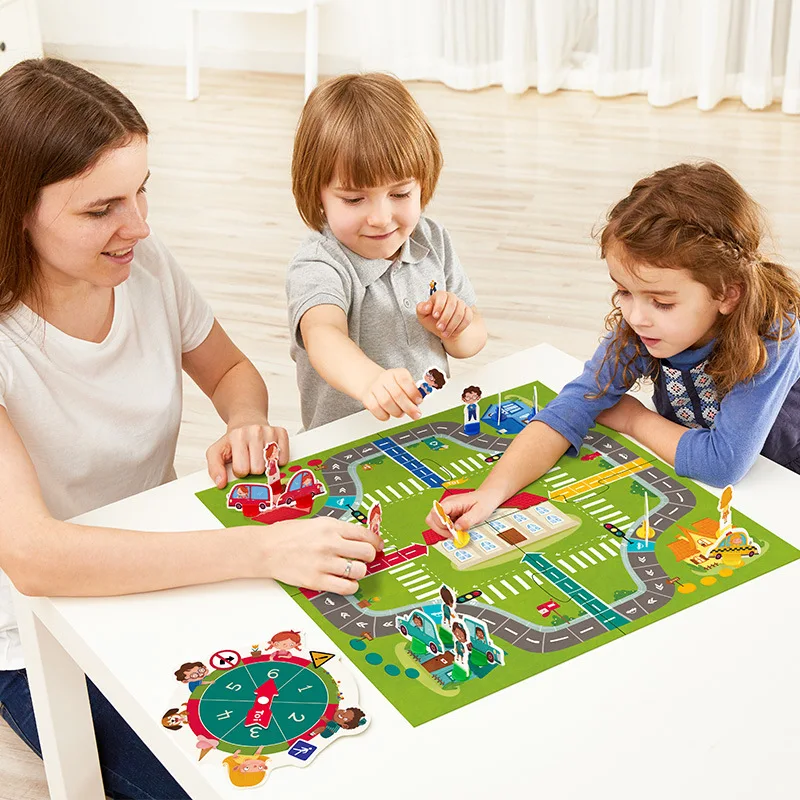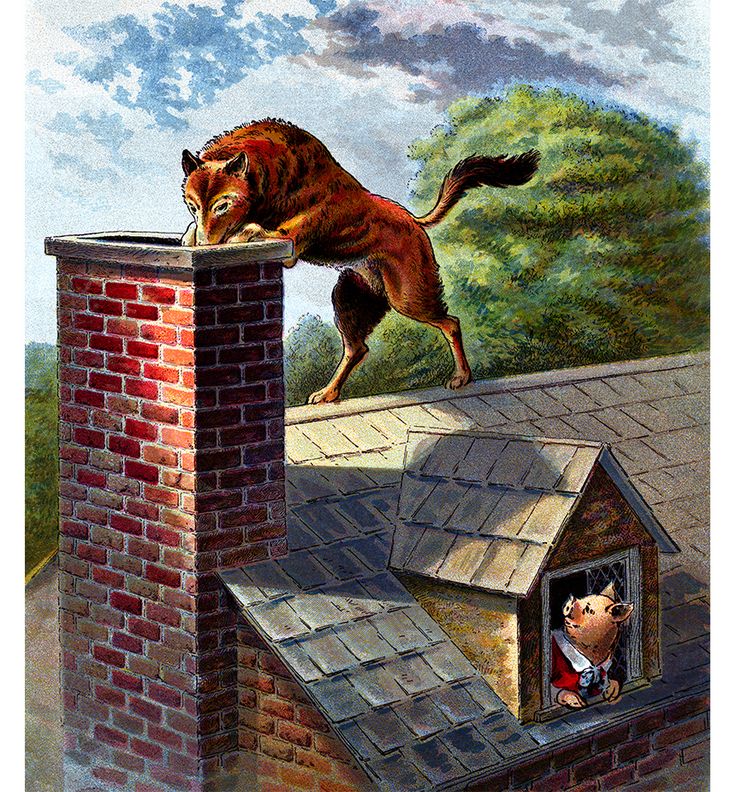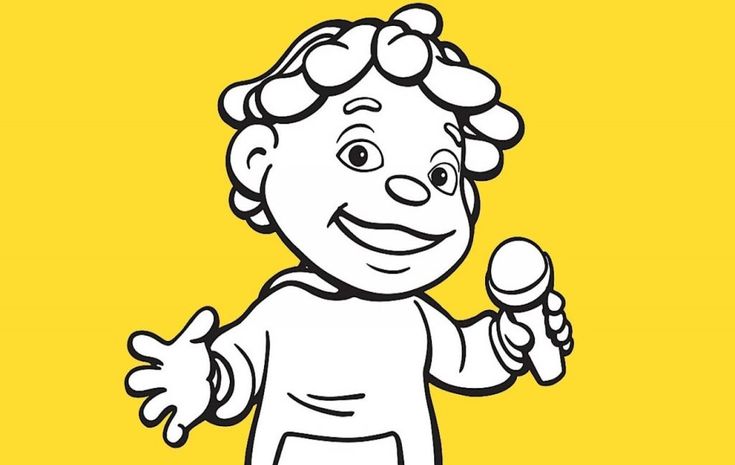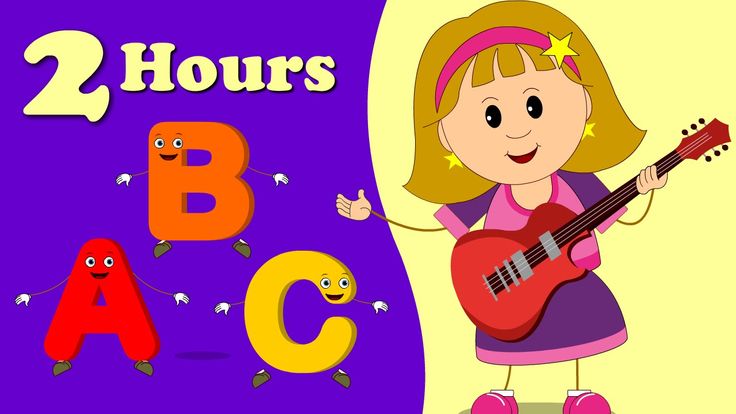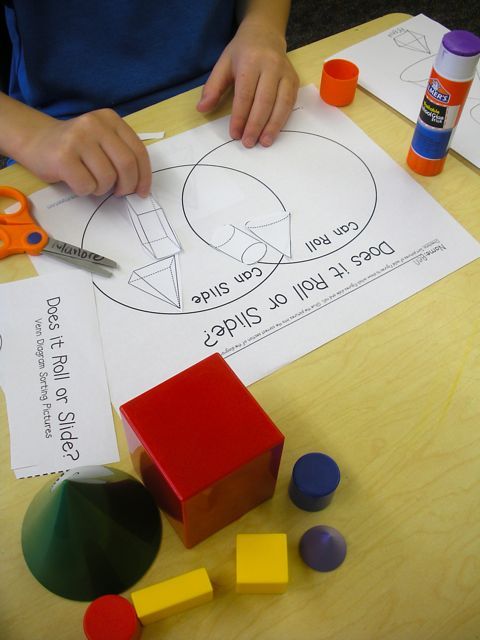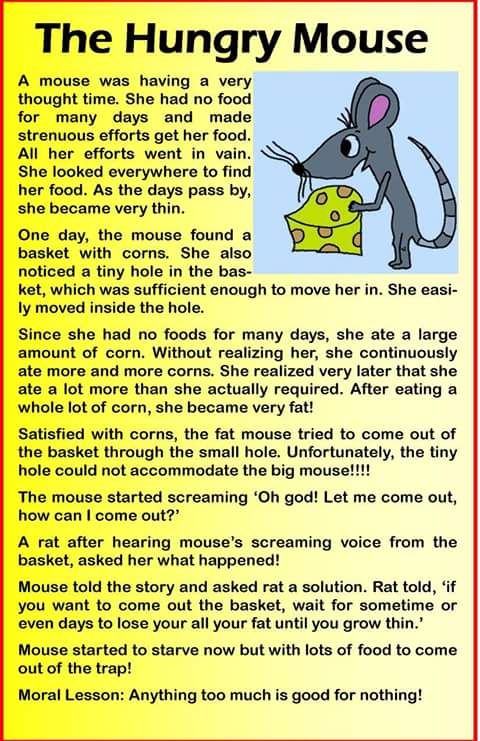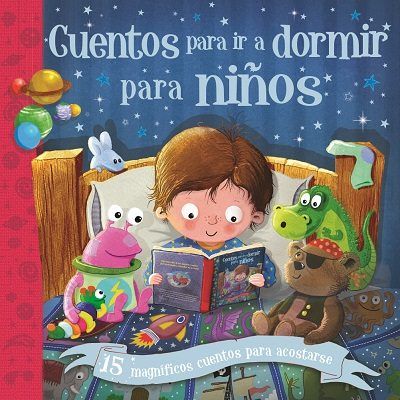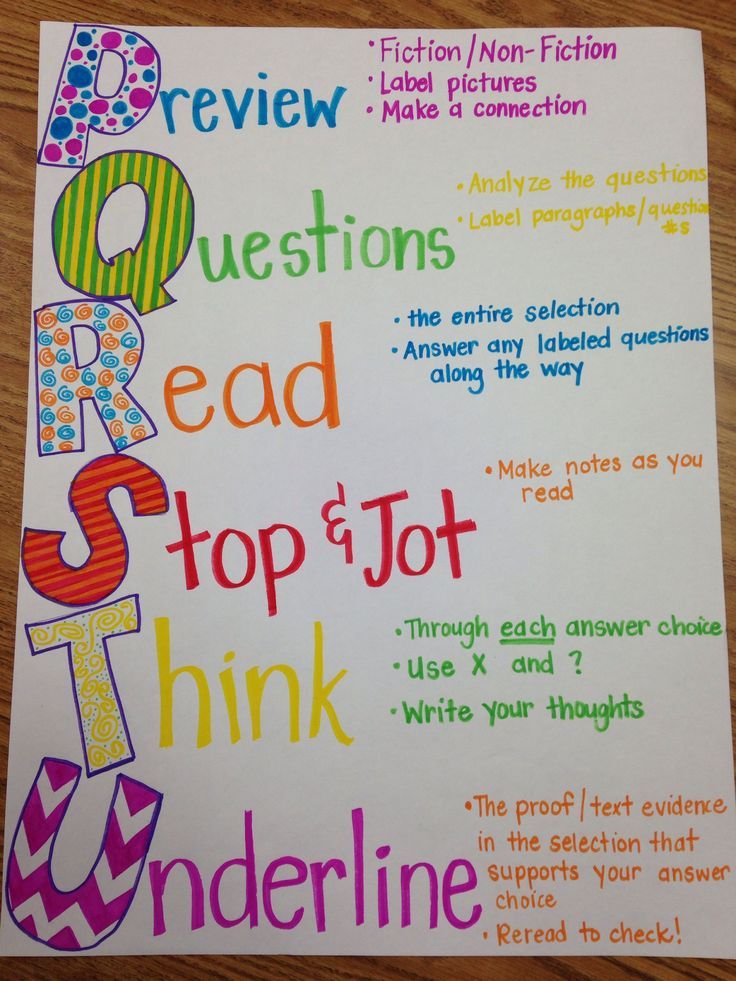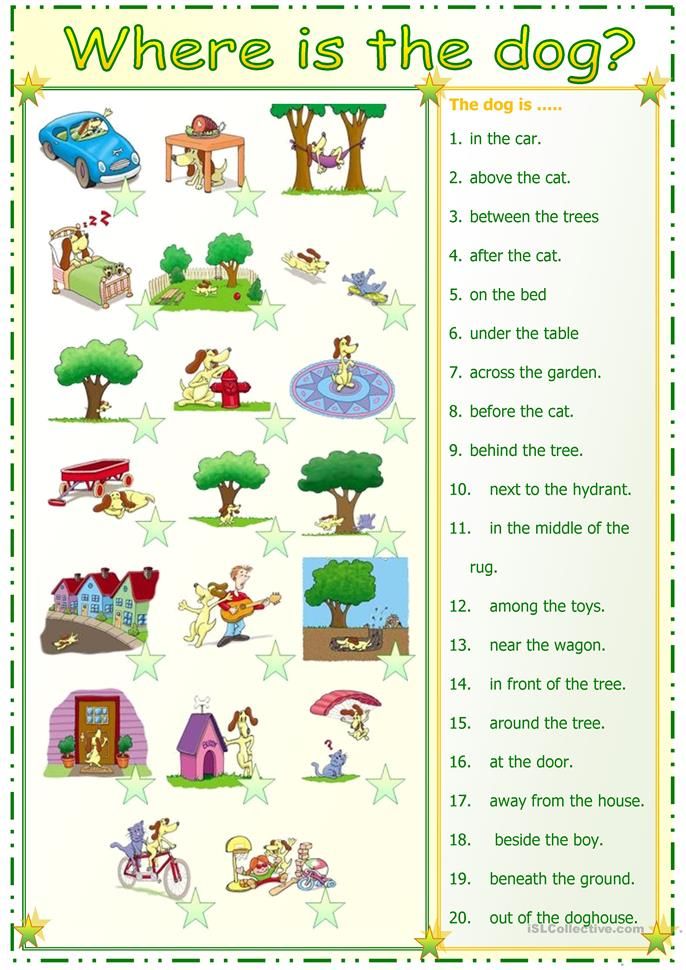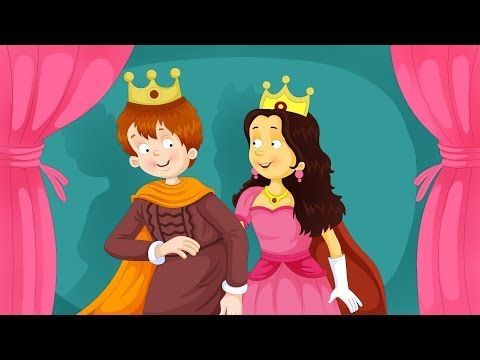Games to play with four year olds
25 Best Learning Games That Your 4-Year-Old Will Love
Table of Contents
Four year olds are adorable, energetic and curious little beings. Most children at this age develop independence, self-control, and creativity. Thus, it is essential to select development games for 4 year olds to support their physical, mental, and cognitive skills.
Usually, four year olds have a better attention span and can play with one toy for an extended period. However, an average four year old’s attention span is still 5-10 minutes, which is higher than it was when they were 2-3 years old (just three or four minutes).
Hence, it’s crucial to introduce some fun games to 4 year olds that can engage them for longer periods. This guide will walk you through the 25 best games to play with 4 year olds that parents we talked to have found to be the most effective.
Fun Games for 4 Year Olds’ Emotional and Physical Development
The first five years are crucial for a child’s development. Therefore, you must engage your toddler in various games that can stimulate their senses and educate them. Notably, games for a 4 year old has to be fun and exciting. So, after thorough consideration, we have created a list of the 25 best games for your 4 year olds:
Learning Games for 4 Year Olds
1. SplashLearnSkill Development: Math and reading
Price: Free for teachers and a 7-day free trial for parents. Subscription starts at $4.99 per month
Are you looking for engaging yet educational games for 4 year olds online? If so, SplashLearn is the best online game-based program for Pre-Kindergarten to Grade 5. Preschoolers learn math and reading skills through interactive and adaptive games that match their skill level. The program also has a Daily Learning Path to guide kids from one skill to the next, which means they can learn independently. In addition to this, parents and teachers get detailed progress reports on how they child/students are doing, which keeps them in the loop.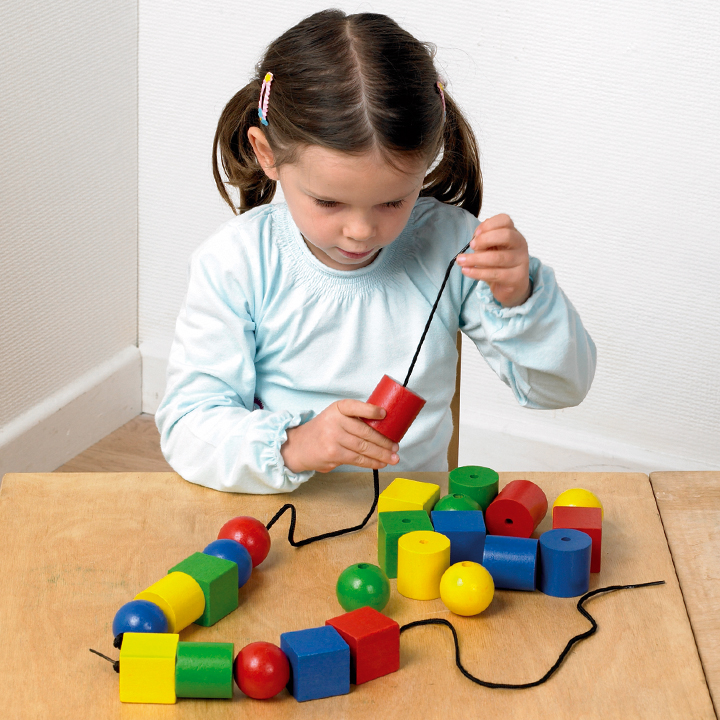
Related Reading: How to Know What is Taught to Kids in Preschool2. Matching Letters
Skill Development: Memory skills, spelling, and word recognition
Price: $11.99
Matching Letters is a learning game for four year olds that helps develop their memory skills and strategic mindset while also improving their word recognition ability. It is the perfect game to play with the entire family and develop your child’s alphabetical skills. It is simple to play since it only has 60 cubes that can only form 3-4 letter words.
3. Wooden Magnetic LettersSkill Development: Matching, fine motor skills, alphanumeric recognition
Price: $24.99
This educational game for 4 year olds is fun and engaging. The game board is designed with different alphabetic and numerical letters. Your children will use a magnetic fish rod to find the right letters based on your instructions. With this game, you can teach colors, numbers, letters, and matching skills.
With this game, you can teach colors, numbers, letters, and matching skills.
Skill Development: Thinking, reading skills
Price: $17.59
Zingo is an Oppenheim Gold Award and Parents’ Choice Gold Award winner game for 4 year olds. It is a simple bingo game for toddlers that helps develop their critical thinking and reading skills. Your kids have to follow the instructions mentioned on Zingo cards and match different connectors on their slips. It is fun and easy to play a game that the entire family can enjoy together.
5. GeoSafari Jr. Talking Kids MicroscopeSkill Development: STEM skillsPrice: $33.99This is a unique talking microscope for your children that can teach them about animals, plants, and other household things. This talking microscope has five different slides to teach different things to 4 year olds.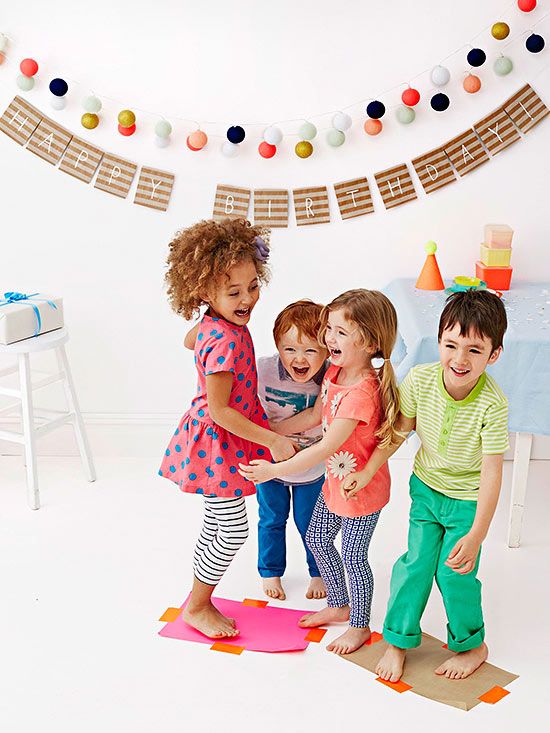 For example, it has a fact mode that tells facts about the image your child has selected. There’s also your four year olds an interactive quiz mode to test your child’s scientific knowledge. It is a perfect game for four year olds to develop their interest in science.
For example, it has a fact mode that tells facts about the image your child has selected. There’s also your four year olds an interactive quiz mode to test your child’s scientific knowledge. It is a perfect game for four year olds to develop their interest in science.
Related Reading: Teaching Preschoolers? Helpful Tips to Make Your Life EasierGroup Games for 4 Year Olds6. Scavenger HuntSkill Development: Leadership, instructions, understanding, and processing skillsRequirements: Random items to hunt
Whether it is your 4 year old’s birthday party or you simply want to tire out energetic preschoolers, you can organize a scavenger hunt. You can create doodles or drawings to create a treasure map, as some four year olds might struggle to read written instructions. In addition to this, you can make scavenger hunt more fun by dividing your children into groups of two and organizing a small competition among them.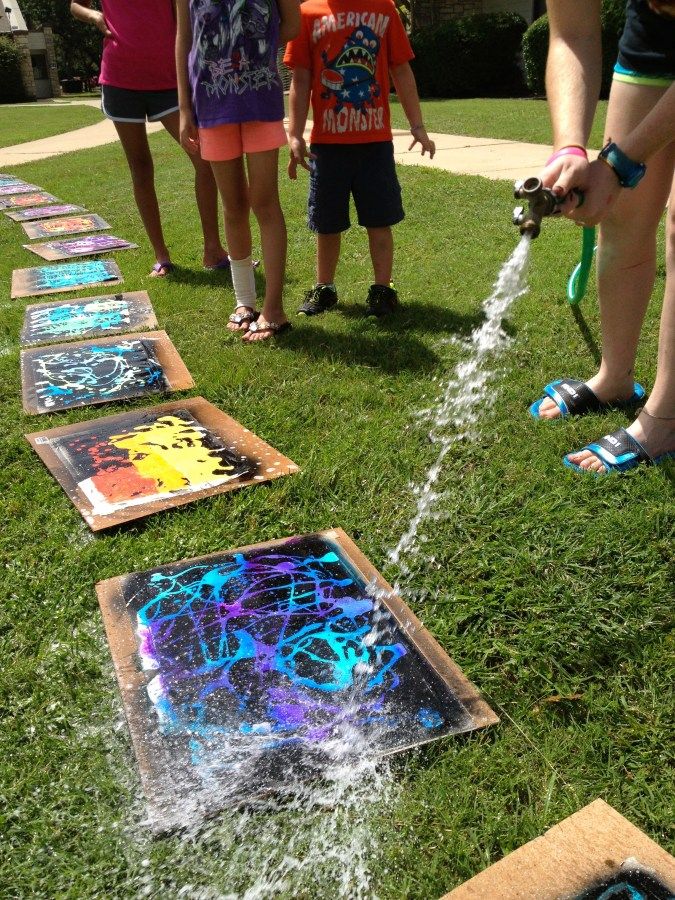
Hopscotch is a classic and fun game for four year olds. To play this game, using chalk, create a grid of nine blocks and mark numbers in each block like 1, 2, 3, etc. Now, give a stone or pebble to your preschooler and ask them to throw it on any number in this first row. They have to then hop down the grid and then back and pick up their pebble while standing on one foot. It’s going to be fun watching kids hopping, falling, and laughing.
8. Jump RopeSkill Development: Balance, coordination Requirements: Jumping ropeJumping rope is a fun and entertaining game for four year olds. All it requires is a jumping rope, and your preschoolers can have a blast playing with it. They can even do group jumping to develop coordination and body balance.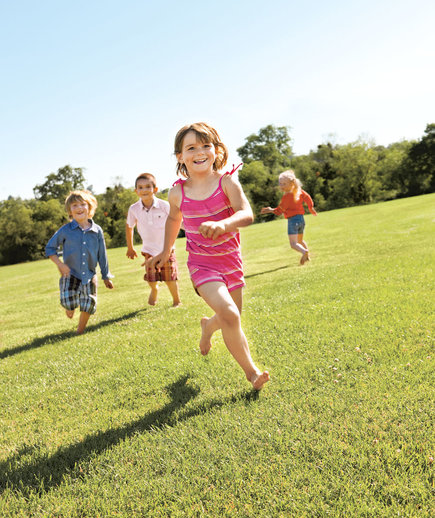 It is a perfect outdoor activity for kids to improve their body strength.
It is a perfect outdoor activity for kids to improve their body strength.
Related Reading: Best Math Activities for Preschoolers9. TagSkill Development: Motor skillsRequirements: Open space to run around in
Tag is a game that four year olds and adults can play and have fun with their friends. There are several versions of this game. So, you and your child can play freeze tag, simple tag, or any other version of tag that your family plays. It is a perfect game to improve motor and sensory skills among young children as they have to respond quickly while playing this game.
10. Red RoverSkill Development: Speed and strength Requirements: Open spaceRed Rover is the best group game for four year olds parties. Simply divide your group of kids into two and make them stand in two opposite lines holding their hands.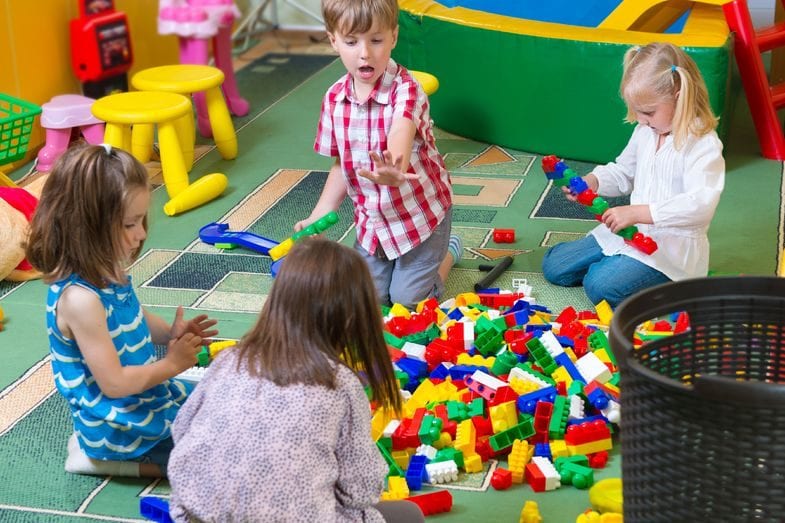 Make sure that both lines have at least a 20 feet gap. Then, a player from each team will say, “red rover, red rover, let … come over”, and march toward another team to break their bond. If a player can break the bond, they will come back to their line with one member from the other team. Eventually, the team with the most members wins the game.
Make sure that both lines have at least a 20 feet gap. Then, a player from each team will say, “red rover, red rover, let … come over”, and march toward another team to break their bond. If a player can break the bond, they will come back to their line with one member from the other team. Eventually, the team with the most members wins the game.
Is your child a Marvel fan? Then, get them a Yahtzee Jr. Marvel Edition board game to play with their favorite Marvel characters like Spidey, Miles Morales: Spider-Man, Ghost-Spider, and more. There is no reading involved in this game. Kids simply have to roll the dice and match characters on the board.
12. Snug as a Bug in a RugSkill Development: Matching skillsPrice: $22.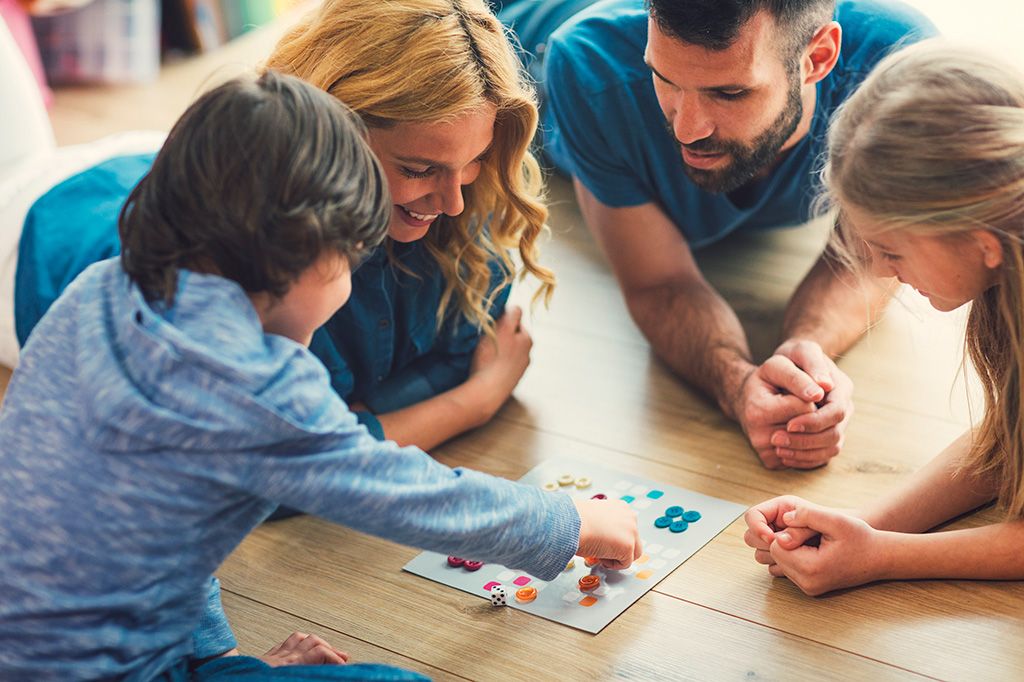 95
95Snug as a bug in a rug is an award-winning game for preschoolers. It has an exciting storyline in which kids have to put as many bugs as they can under the rug before three bugs stink and destroy everything. The game is available in three interactive modes to keep your kids interested. The game contains 1 game board with a built-in spinner, 24 colorful bugs, 3 stink bugs, 1 die, and instructions.
13. CootieSkill Development: Motor skills, matching skillsPrice: $10.99Cootie is a classic preschoolers game that you must have also played in your childhood. The game is pretty simple. Your child has to spin the wheel and hope to get the part they need to build their plastic bug. The person who makes the bug first will win this game. However, all the colorful parts and mechanism to create a bug is excellent educational training for four year olds.
14. Chutes and LaddersSkill Development: Counting, strategy Price: $9.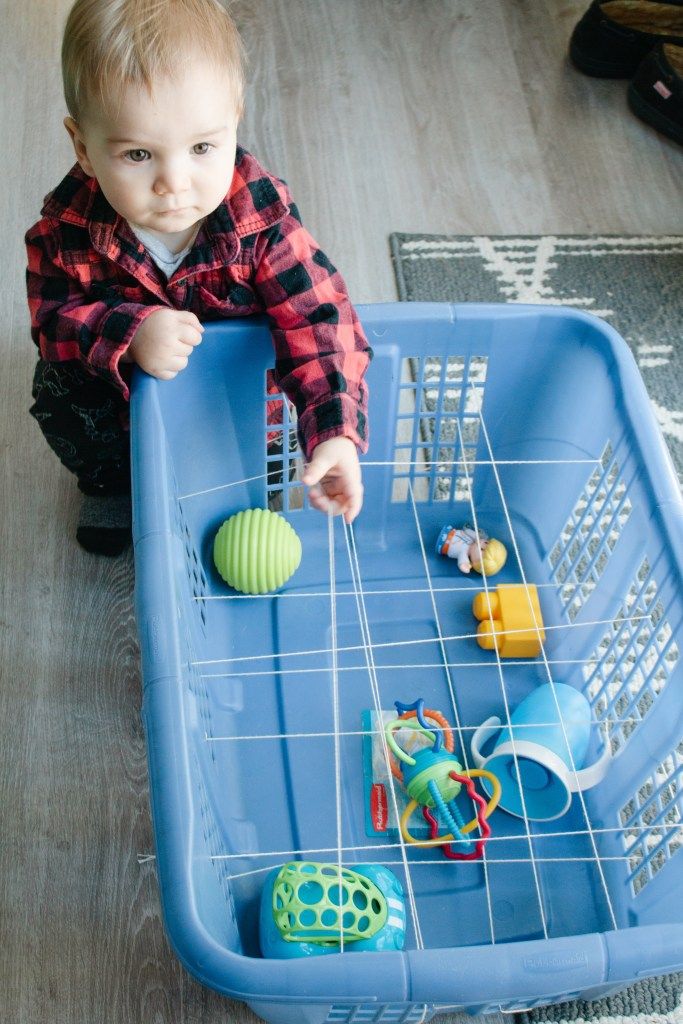 99
99This is another classic game you can find everywhere. Several versions of the game are available, so you can purchase the game with your child’s favorite cartoon characters. The game board has 100 squares your child must cross while moving through different ladders and chutes. It will be fun when ladders lift your child’s pawn closer to the winning square and chutes bring them down again. It is a great family game to enjoy and learn numbers.
15. Candy LandSkill Development: Color recognition, countingPrice: $12.99Candy Land is a great board game for 4 year olds at home. It is a classic game with gingerbread players, colorful cards, and several sweet adventures to explore. Your children will use cards to find their way through the chocolate mountain, candy cane garden, etc. No reading is involved in this game, so it is perfect for young minds.
Physical Games for 4 year olds16.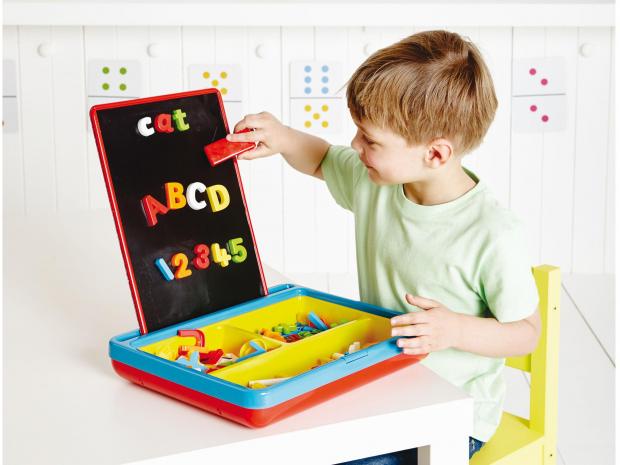 Hide-and-SeekSkill Development: Motor skills, analytical thinking Requirements: A safe space with places to hide
Hide-and-SeekSkill Development: Motor skills, analytical thinking Requirements: A safe space with places to hideWe don’t think hide and seek requires any explanation. Every person has played this game in their childhood and had a blast. So, if you are a preschool teacher or parent, you can play hide and seek with your four year olds to improve their reflexes and analytical skills while also getting some physical exercise.
17. Animal WalkSkill Development: Hopping, gallopingRequirements: Animal picture chartThe animal walk is the perfect game for preschoolers to teach them the characteristics of different animals and do some physical work. All you need is an animal picture chart to show to your toddlers. And ask them to imitate the walk of the animal mentioned on the chart. With this game, your child will move, hop, and gallop to build physical strength.
It is a two-player game. To play this game, you have to give a balloon to the two players and ask them to balance the balloon in the air using their bodies except for their hands or feet. And they have to move from one point to another while balancing the balloon. It is excellent team coordination and balance-building game for 4 year olds.
19. Wet Sponge DesignsSkill Development: ThrowingRequirements: Lots of old spongesDuring the summer break, you can play this fun game with your four year olds. First, gather some waste kitchen sponges and put them in a tub of water. Then, ask your preschooler to throw wet sponges on a hard surface like a concrete wall or floor. This is not only a fun game for a 4 year old but also helps to strengthen their arm muscles.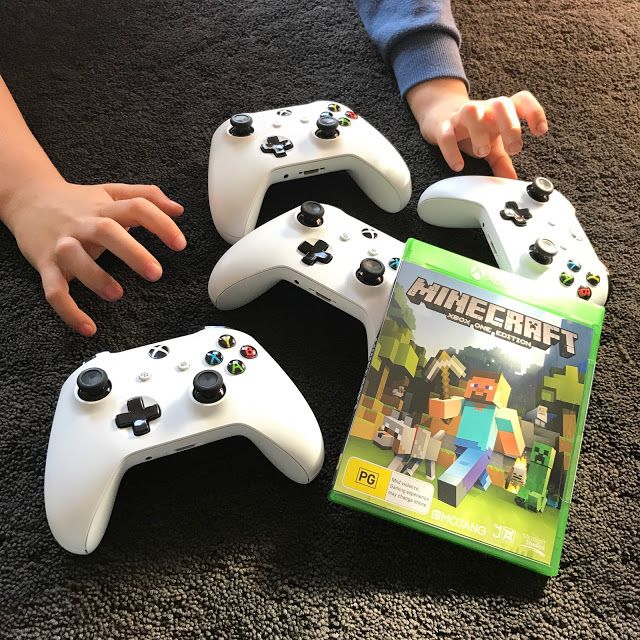
It is a fun game for four year olds without any complicated rules. The player simply has to say “Simon says” and instruct other players to do any physical action like jump like a duck, hop like a bunny, etc. It is a rule-less and joy-packed physical game for preschoolers.
Related Reading: Best Math Games for Kids to Make Learning FunIndoor Games to Play With 4 Year Olds21. Button, Button, Who’s Got the ButtonRequirements: A button
It is a quiet game for preschoolers to play indoors. Simply get your preschoolers to sit in a circle and ask them to close their eyes. One person will have a button in their hand and pretend to pass it on to everyone. Once the button is passed on, everyone will try to guess who’s got the button.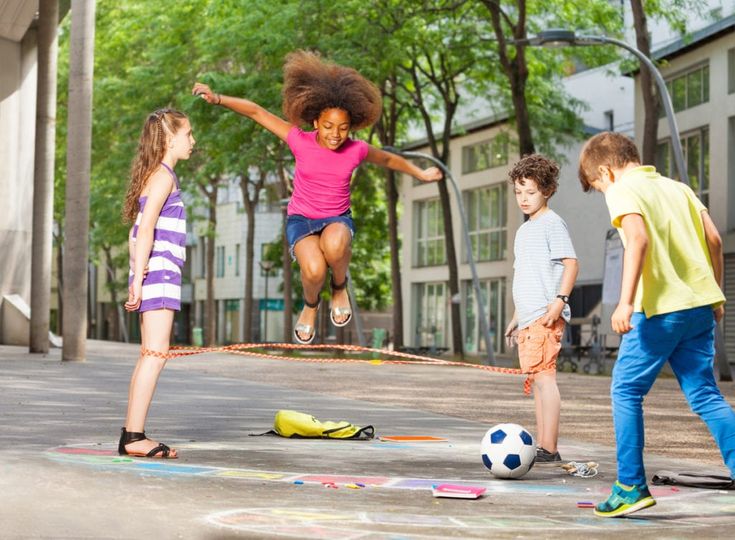
Another simple game to play with a group of four year olds. Simply make the group sit in a circle; one person will whisper a sentence into the ear of the person sitting next to them. That person will pass the message to the next person and so on. The cycle keeps moving until it reaches the last person in the circle, and they will say the message out loud. The game’s main motive is to improve students’ listening and information processing skills.
23. Story Time ClapSkill Development: Language development Requirements: StorybooksThis is an excellent game for 4 year olds to improve their reading skills. You can pick one child and give them a book to read aloud to the rest of the group. You will then assign the listeners a specific word or phrase.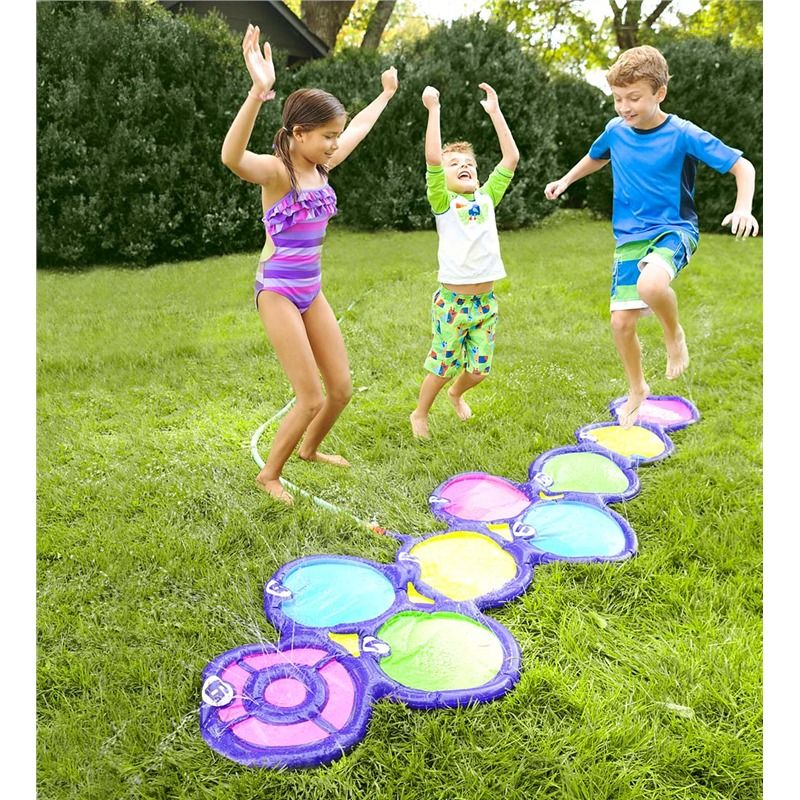 When they hear that word or phrase being mentioned in the story, they have to clap. It is a great way to improve young students’ reading, language and listening skills.
When they hear that word or phrase being mentioned in the story, they have to clap. It is a great way to improve young students’ reading, language and listening skills.
This game is perfect for students suffering from sensory disorders. To play this game, you must put some unique textured items in a box. After that, ask the children to touch and feel one of the items. Without seeing it, they have to guess the item’s name based on their feel and touch senses.
25. Musical chairsSkill Development: Motor skillsRequirements: Lots of chairsMusical chairs is an excellent party game for preschoolers. You simply have to arrange chairs in a circle facing outwards. However, there should always be one less chair than the number of players. Once the music starts, everyone walks around the chairs, and when the music stops, they have to grab a seat. The person who is left standing will lose the game. Keep on playing until you have a winner.
Once the music starts, everyone walks around the chairs, and when the music stops, they have to grab a seat. The person who is left standing will lose the game. Keep on playing until you have a winner.
Let’s Play!
Games are an essential part of child development. With games, children learn to socialize, become team leaders, and learn new things. Their physical and mental strength also improves.
Play all the suggested games to improve your child’s physical and mental development. Choose from a vast number of games you can buy, as well as free games for 4 year olds, and get started!
Related Reading: Fun Free Games for Kids to Play Online
FAQs
What impact do games have on children?
Games are a great way to enhance your four year old’s physical development. Games like tag or ‘Simon Says’ will improve your child’s muscular strength and body balance. In addition to this, games also help stimulate your child’s brain and develop their mental strength.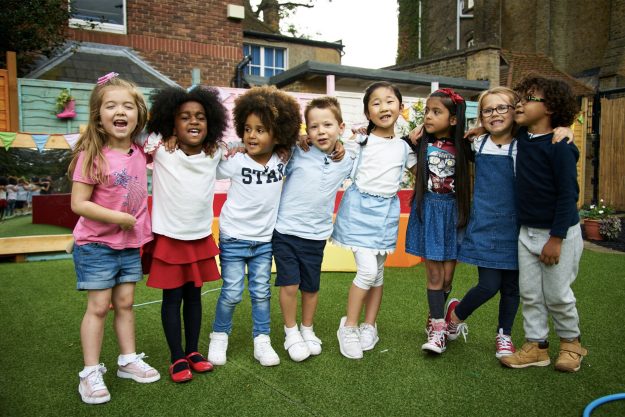 Besides this, playing games also ensure your child is active and tired enough that they sleep well at night.
Besides this, playing games also ensure your child is active and tired enough that they sleep well at night.
What are the benefits of board games?
Playing board games increases brain function and strategic skills among young children. Board games also help to improve social skills and strengthen relationships. Board games are the perfect way to have some family time and reduce stress. In addition to this, these games teach life lessons and patience.
23 Fun and Inventive Games for Four-Year-Olds
Most four-year-olds love to tell stories, play dress-up, and play cooperative games. They can read more complicated picture books and create music with simple instruments. They are growing more expressive and are able to articulate their ideas and feelings and ask questions about the world around them.
This series of preschooler-friendly board games, hands-on sensory bin ideas, shape and color sorting activities, and physical challenges are sure to keep them entertained and learning for hours.
1. Make A Bubble Wrap Road
This simple activity is the perfect game for developing motor skills. It requires only recycled bubble wrap, painter's tape, and any toy cars or trucks your preschooler would like to take for a test run.
Learn more: Sunny Day Family
2. Build Color Recognition with a Rainbow Necklace
This vibrant rainbow necklace is a great way to develop your child's color recognition while strengthening their critical thinking skills through sorting the circles by size.
Learn more: Hands On As We Grow
3. Make Paper Tunnels For Toy Cars
This engaging game encourages toy car lovers to practice slow, controlled, and gentle movements to get their vehicles through the tunnels without crashing. It makes for a great way to develop motor skills and is sure to become a hit with your preschooler!
Learn more: Mama, Papa, Bubba
4. Play an Educational Board Game
This classic board game challenges young learners to match colors and create their own snakes from heads to tails while having fun with their friends. The player with the most snakes at the end of the game wins. It's a cooperative game that is sure to become a family favorite.
Learn more: Game Wright
5. Play With Gloop
Your preschooler is sure to love running their figures through this mixture and exploring its soft, gooey, and slimy texture. This is a great way to develop hand-eye coordination while using all five of their senses. It's also a wonderful way to build social skills when playing with friends and family.
Learn more: Learning 4 Kids
6. Play a Fun Memory Game
Develop focus, concentration, and memory skills with this DIY matching game. All you need are two egg cartons and pairs of small objects like pom poms, beads, or even beans.
Learn more: Hands On As We Grow
7. Make Your Own Sidewalk Chalk Paint This is an affordable and easy idea that makes for a fun cooperative game of drawing and writing on the sidewalk.
Learn more: Positively Splendid
8. Farm Animal Washing Station
This engaging and quick game is a wonderful way to develop fine motor skills. Kids will love playing in the dirt and bubbles and rubbing their favorite farm animals clean!
Learn more: Coffee Cups and Crayons
9. Play an Educational Video Game
This educational video game challenges kids to find animal pairs, match cute animal pictures with the foods they eat, and spot subtle differences in photos. It's a great way to develop an appreciation of the natural world while developing critical thinking skills.
Learn more: National Geographic
10. Blow Painting With Straws
The magic of this activity is that you will never get the same results each time. Your 4-year-old preschooler is sure to delight in creating a variety of different patterns and designs.
Learn more: Artful Parent
11.
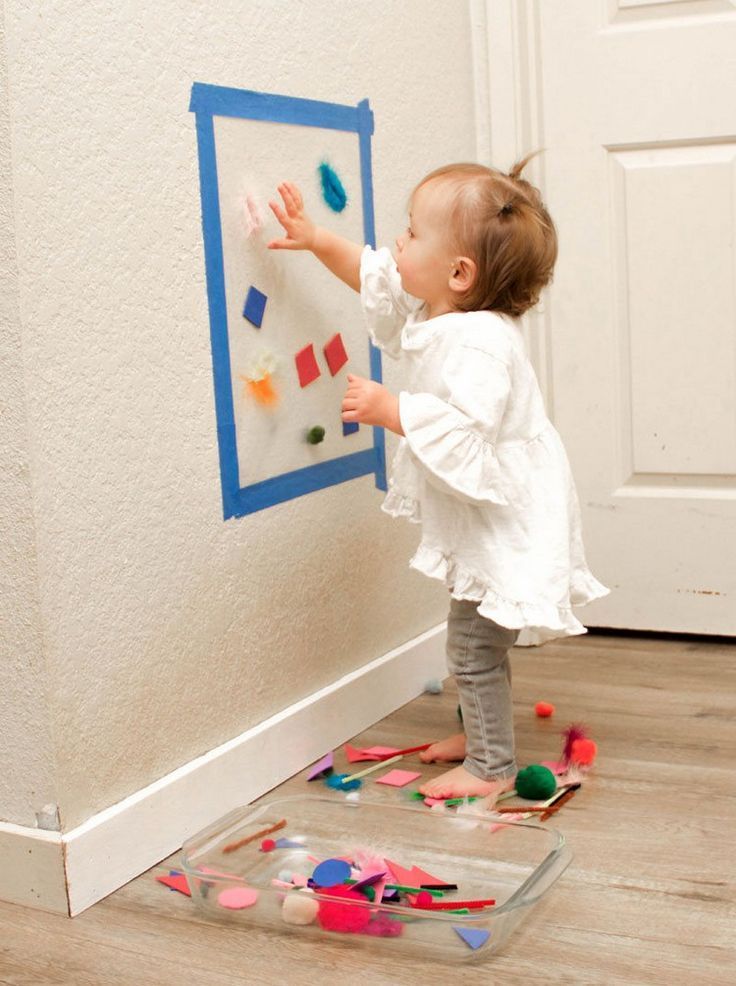 Develop Shape Recognition Skills With Playdough
Develop Shape Recognition Skills With Playdough This hands-on activity is great for developing shape recognition while building fine motor skills.
Learn more: Royal, Baloo
12. Learn the Alphabet with a Physical Activity
By kicking the ball at various letter cups, your preschooler will develop letter recognition skills, identify letter sounds and strengthen their balance and coordination.
Learn more: Fun Learning for Kids
13. Turn Handwriting into a Fun Game
Handwriting is an important skill that helps with literary and reading comprehension skills as well as fine motor skills like tying shoelaces. This sand activity makes it colorful and tactile for hours of learning fun.
Learn more: Active Littles
14. Make Fluffy Pet Rocks
Playing with these adorable fluffy pet rocks is sure to become a favorite game for your preschooler. They also make great gifts or a creative paperweight.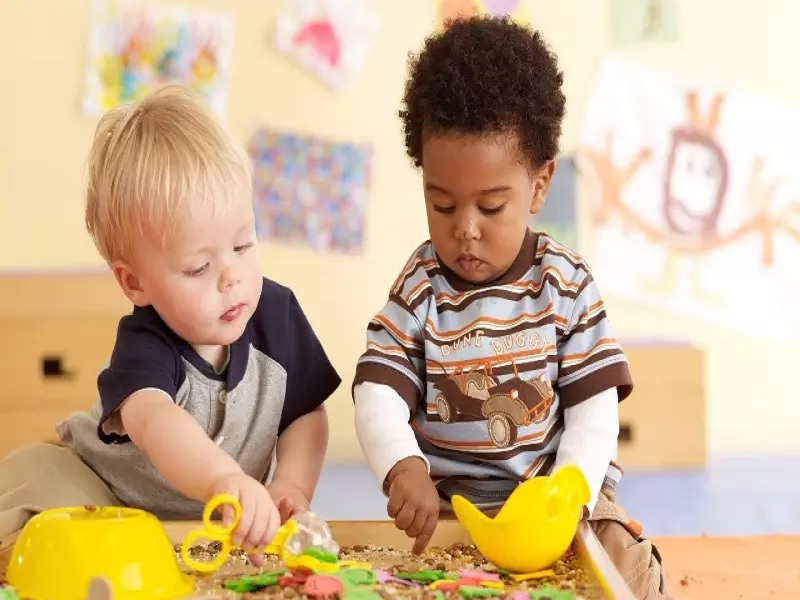
Learn more: The Craft Train
15. Develop Reading Skills
Shop Now on Amazon
Kids love to ask why and this big book of answers makes for a fantastic way to satiate their curiosity and encourage their sense of wonder, all while developing core reading skills.
16. Have Fun With a Classic Game
Shop Now on Amazon
Your young learner will love exploring shapes and colors with Dotty Dinosaur and his friends. The game rules are super simple, making for an easy and carefree time!
17. Play a Fun Card Game
The classic card game of Go Fish has been a family favorite for ages and with good reason. It's a fun way to develop social skills and strengthen basic math skills, all while building strategy skills and learning about patterns and pairs.
Learn more: Kid Spot
18. Play a Game Of Stink Bugs
This adorable game is an excellent way to develop color and shape recognition, strengthen memory skills and encourage cooperative play.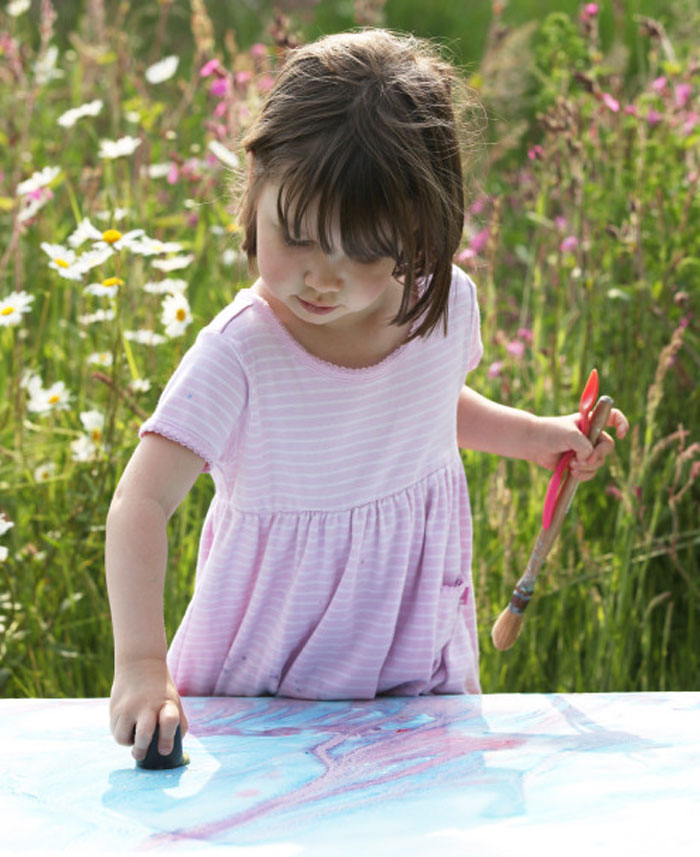
Learn more: Almost Practical
19. Practice Counting With Bears
These bear counters have multiple educational benefits for children and can be used to develop measuring, sorting, number recognition, and counting skills.
Learn more: Fun Learning for Kids
20. Make a Paper Plate Snake
This creative craft is an excellent fit for preschoolers. It makes for a fun way to reuse paper plates and bubble wrap to create a slithery snake they are sure to love.
Learn more: Crafty Morning
21. Learn About Wind With a STEM Activity
In this engaging STEM lesson, preschoolers learn about the impact of wind on a tower that they construct out of foam blocks. It's a great choice for families looking to expand their young learner's understanding of science and natural forces.
Learn more: No Time for Flashcards
22. Develop Basic Reading Skills With Green Eggs and Ham
Kids will love using dot stamp markers to color all the letters they recognize in this classic children's story.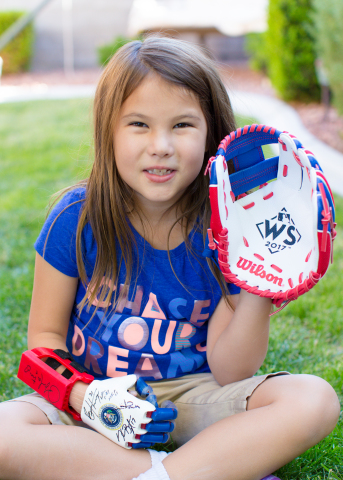 You could also laminate the cards to create a reusable center that your young learner will enjoy returning to again and again.
You could also laminate the cards to create a reusable center that your young learner will enjoy returning to again and again.
Learn more: Still Playing School
23. Make an Egg Carton Dinosaur Hat
Your preschooler will delight in transforming into a baby dinosaur with this vibrant hat. They can even help you put it together by painting the spikes in any color they choose.
Learn more: Crafty Morning
Educational games for 3-4 year olds with parents at home
For a 3-4 year old child, play is the main way to interact with the world. In the game process, the child develops logic and thinking, trains memory, expands communication skills, and strengthens physically. We have collected games that will appeal to both the baby and his parents, because they will be not only fun and interesting, but also useful.
Article content:
- Outdoor games
- Educational games
- Educational games
- Tips for parents
- Terminals
Outdoor games
Active games are aimed primarily at physical development.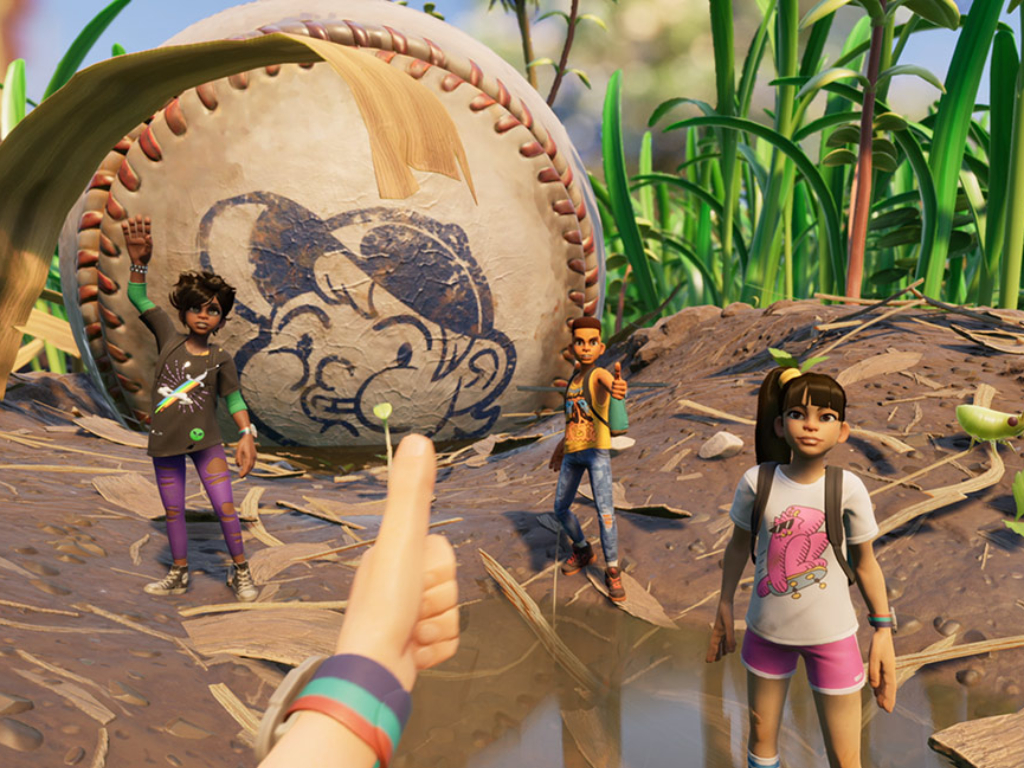 The kid improves coordination, attention, endurance. Regular activity strengthens the immune system and is the best prevention of diseases. Find out what you can play with your child at home or on the street.
The kid improves coordination, attention, endurance. Regular activity strengthens the immune system and is the best prevention of diseases. Find out what you can play with your child at home or on the street.
-
Keeping balance. The parent lays out a rope or a long rope (such as a linen rope) on the floor. The child should walk along it, spreading his arms to the sides. The game can be made more difficult. For example, a child can carry a glass of water in his hands (of course, plastic) or hold a small book on his head.
-
Collecting flowers. For this game, you will need several squares of colored paper, as well as a path, which can also be made from paper or, for example, a long scarf. The track is placed on the floor, pieces of multi-colored paper are scattered around it. We imagine that we are walking along a path, on both sides of which flowers grow. The facilitator (parent) periodically says how many and what flowers need to be collected.
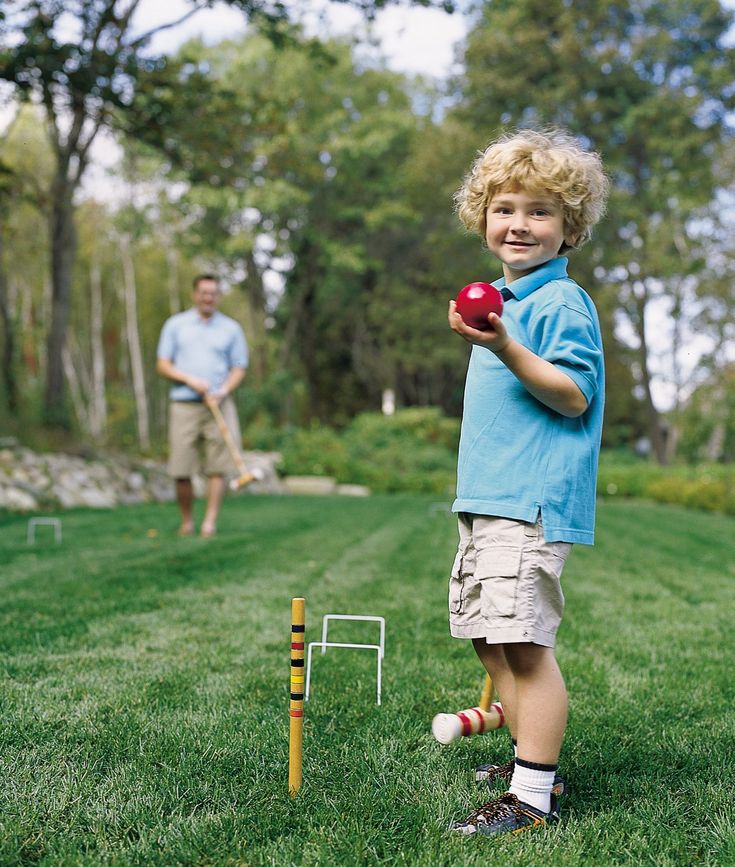 For example, 3 yellow or 5 red. The child stops and collects the right flowers. This game not only teaches coordination, but also distinguishes colors and recognizes numbers.
For example, 3 yellow or 5 red. The child stops and collects the right flowers. This game not only teaches coordination, but also distinguishes colors and recognizes numbers. -
Sly fox. A mobile game that children love very much. It is more interesting to play it when there are many participants, but you can also play it together. The participants stand in a line, and the leader moves a few meters away and turns his back. The task of the player is to reach the leader. But you can only go when he is not looking! And when the leader turned, the participant must freeze, or they will have to go to the start.
-
Traffic light. For this game, you need to prepare red, yellow and green circles that can be made from colored paper. Each color represents a specific action. For example, the host shows a green circle - the child is running, yellow - jumping on 1 leg, red - crouching, etc. The game can be started with three signals, but when the baby remembers them, complicate and add new ones.
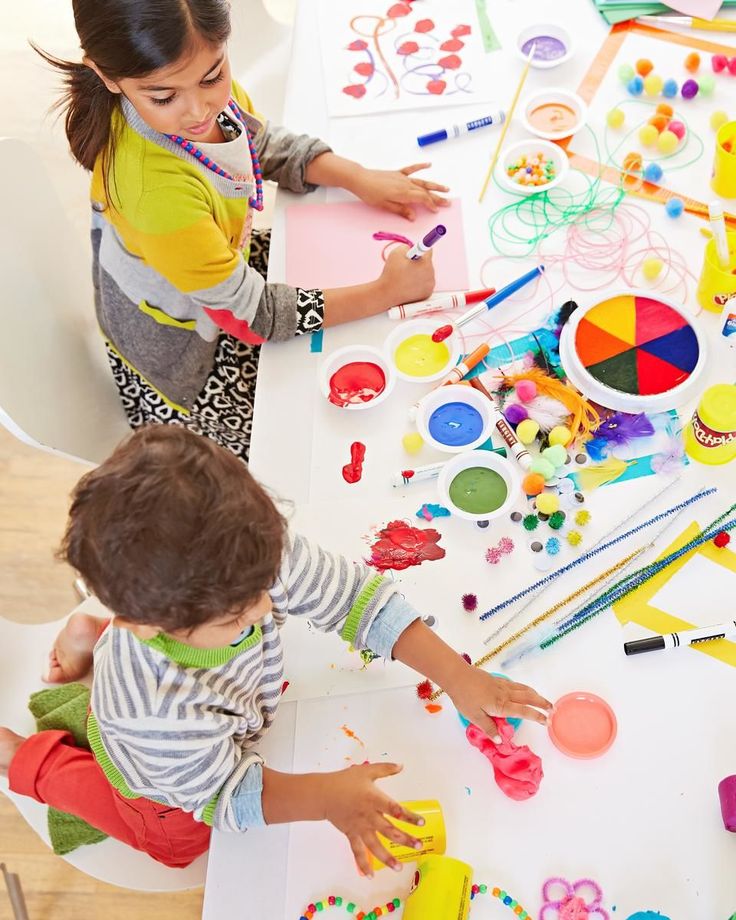
Educational games
All games are educational for a child. But adults by developing games usually mean those that are aimed at studying any objects, phenomena. Such games develop intelligence, broaden horizons, improve memory, attention and speech.
On the development of motor skills
The development of fine motor skills directly affects the formation of speech, self-service skills, thinking, memory. At home, you can use various household items for games: buttons, clothespins, colored pasta, pencils, etc. On the street you can take cones, chestnuts, sticks. Consider several options for games for the development of motor skills.
- Piggy bank. Let's take 2 cans. Pour beans into one of them, and leave the other empty. A cover with a small slot is put on the second. The task of the child is to shift the beans from one jar to another. Alternatively, you can use the steam container from the multicooker (with small round holes).
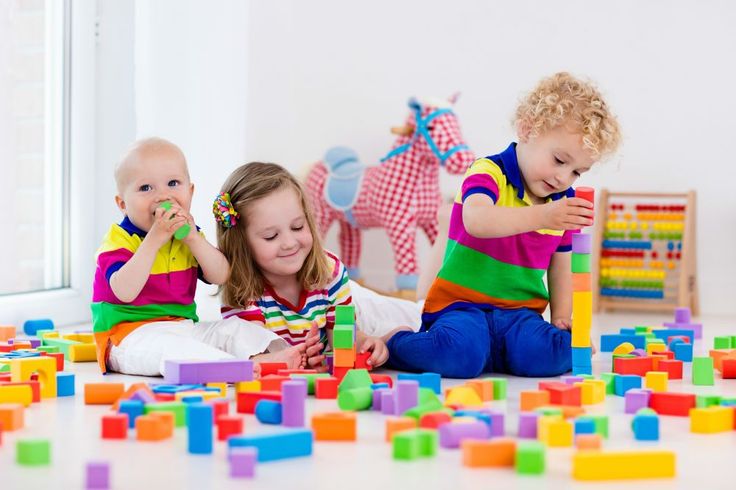 You can put pasta in them.
You can put pasta in them. - Groats drawing. PVA glue is applied to a sheet of paper, cereals are poured on top in a certain order. You can use semolina, wheat groats, buckwheat to create multi-colored patterns.
- Beads. The child is given a fishing line on which objects must be strung. It can be beads, buttons and even drying. Objects should not be too small, otherwise it will be difficult for the child to cope with them.
- Flower. Cut out a circle from paper - this will be the base of the flower. We will give the child colorful clothespins. He should attach them in a circle as if they were flower petals. In parallel, you can memorize colors and lay them out in a certain sequence.
For the development of logic
Logical connections are a very important part in the development of a child's thinking. To understand why and why, simple and exciting tasks will help.
- Find the extra.
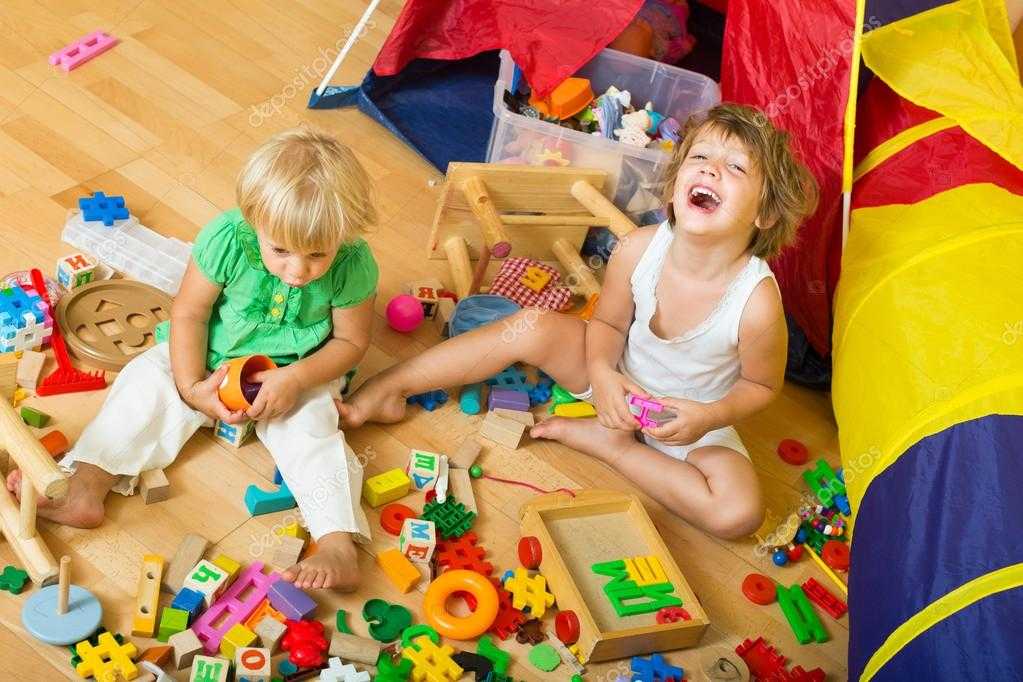 For this educational game, you will need special cards or sheets that can be found on the Internet and printed. The task for this age usually contains four simple subjects, one of which does not fit into the group for a certain reason. These can be color, shape, skills (for example, flies - does not fly), the purpose of the object (clothes, dishes, etc.) and other signs. It is important to allow the child to think independently.
For this educational game, you will need special cards or sheets that can be found on the Internet and printed. The task for this age usually contains four simple subjects, one of which does not fit into the group for a certain reason. These can be color, shape, skills (for example, flies - does not fly), the purpose of the object (clothes, dishes, etc.) and other signs. It is important to allow the child to think independently. - Divide into groups. A similar task, but here you need to select from the abundance of objects those that belong to a certain group. For example, vegetables, fruits, pets, toys, etc.
- Say the opposite. A child at 4 years old already understands what antonyms are, that is, words with the opposite meaning. The parent says "hot" - the child answers "cold", etc. Use understandable words: quiet-loud, white-black, sad-cheerful, deep-shallow, wet-dry.
- Who needs what. This game requires a ball.
 The facilitator says the profession, for example, "doctor", and throws the ball to the child. He must answer what the doctor may need (thermometer, syringe, white coat) and throw the ball back.
The facilitator says the profession, for example, "doctor", and throws the ball to the child. He must answer what the doctor may need (thermometer, syringe, white coat) and throw the ball back.
For the development of speech
It is important to develop speech from birth. Talking even with a baby who is still silent seems strange, but in fact it is an investment in his future. Often, already studying at school, children cannot connect several sentences into a logical text, retell what they read, or talk about some event. To prevent this from happening, at 3-4 years old you can offer such home games with children.
- Describe the item. For this game, you need to collect several toys and put them in a box. The child takes out a toy and describes it. For example, the girl took out a doll. She can tell what size the doll is, what color her eyes and hair are, what clothes she is wearing, and come up with a name for the doll.
- Tell me from the picture.
 For this game, you will need an illustration of some popular fairy tale (again, you can find it on the Internet and print it out, or just show it on the screen). The child must tell what he sees in the picture, what happened first and what happened later, how the story ended.
For this game, you will need an illustration of some popular fairy tale (again, you can find it on the Internet and print it out, or just show it on the screen). The child must tell what he sees in the picture, what happened first and what happened later, how the story ended. - Everything is messed up. For this game, you can take the plot of a fairy tale that the child knows well. In telling it, you need to make mistakes. For example, the animals did not let the fox into Teremok, or Little Red Riding Hood went not to her grandmother, but to her friend. The kid must understand what is wrong in the fairy tale. You can dream up and compose your own fairy tale, in which the end will be different.
Educational games
At the age of 3, you can introduce your child to letters and numbers. The number is average, sometimes more developed children show interest in letters even at 2 years old. But there is no need to rush and force the baby to study - this will only discourage the desire to learn new things.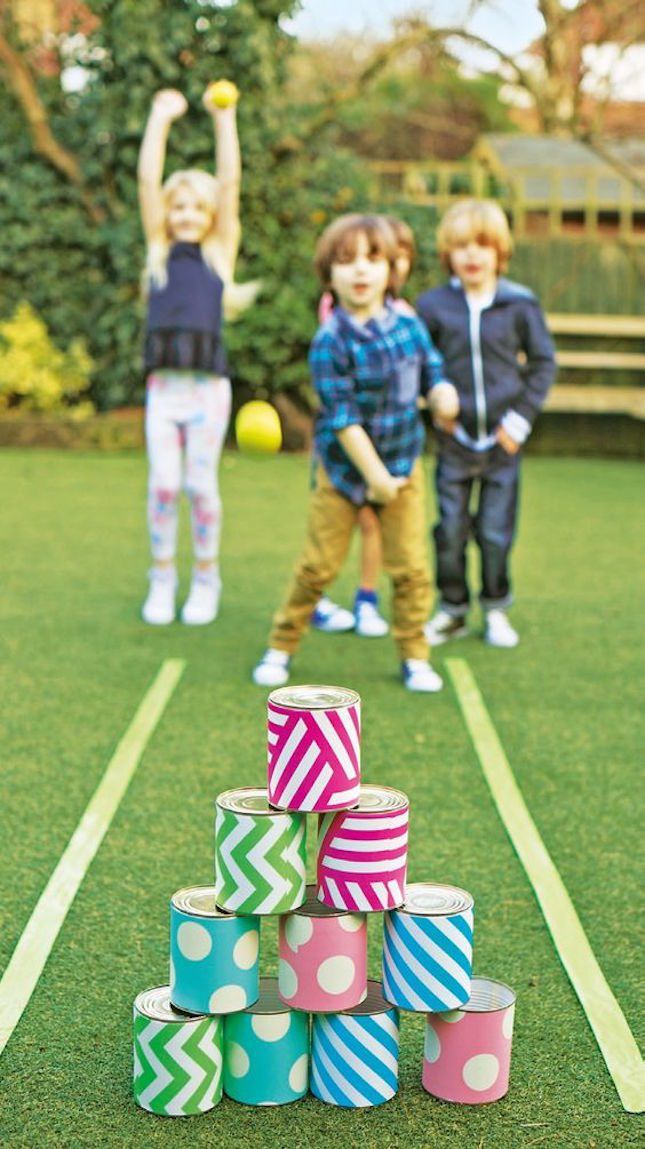
For learning to read and write
A popular technique for learning letters is to hang cards in different places in the apartment/room. And you can do this without even waiting for the age of three. Cards with letters should be bright, arouse the interest of the child. If the baby does not ask what kind of letter it is, you should sometimes pronounce them on your own. You can hang a card with a letter on an object that begins with it. For example, hang the letter L on a chandelier, and the letter T on a TV. Periodically, cards need to be changed, outweighed in other places.
The following ideas are useful for learning about letters.
- Application. Cut out large letters from paper. For decoration, you can use cereals (motor development!), Cotton wool, fabric, beads, sparkles - whatever you like. When decorating a letter, be sure to pronounce it many times so that the baby remembers what it is called.
- Find the letter.
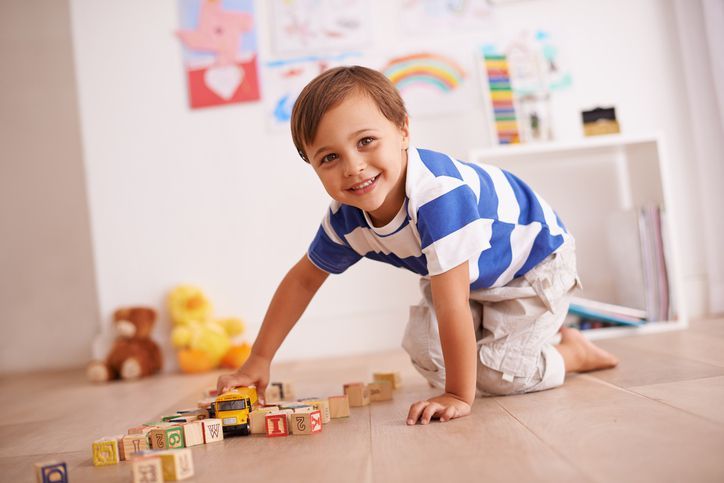 Print the letter in several copies. Keep one for yourself, hide the rest in the children's room. Show the child a picture with a letter: "This is the letter O. Find 3 more such letters." At the same time, the letters should be hidden so that they are not difficult to find, you can give the baby hints.
Print the letter in several copies. Keep one for yourself, hide the rest in the children's room. Show the child a picture with a letter: "This is the letter O. Find 3 more such letters." At the same time, the letters should be hidden so that they are not difficult to find, you can give the baby hints. - What's in common? Place items (or images of items) that begin with the same letter in a bag. The child must take them out and pronounce the names aloud, and then guess which letter was guessed.
When the child knows all the letters of the alphabet, you can move on to the study of syllables and words. To do this, write syllables or simple words of 3 letters on cardboard squares. These will be houses. Then take small toys, for example, from kinder surprises, and find a house for each toy. At the same time, pronounce: the horse lives in the “MA” house, the squirrel lives in the “CO” house, the bunny’s house is called “KY”, etc.
For teaching math
Educational games with numbers are the basis for learning mathematics for a child of 3-4 years old. They teach not only to memorize numbers, but also to compare, solve simple problems.
They teach not only to memorize numbers, but also to compare, solve simple problems.
- Construction site. This game is suitable for both boys and girls. Build a brick house with your child. In this case, you need to determine how many floors there will be in the house, and how many apartments (cubes) on each floor. For example, on the 1st floor - 4 cubes, on the second - 3. To complicate it, you can take cubes of different colors and give tasks not only with numbers, but also with color (2 yellow cubes for the third floor).
- Train. Make cards with numbers from 1 to 10 and invite your child to make a train out of them. Only for this you need to arrange all the cards in order, from 1 to 10. If everything is done correctly, the train will go on a journey.
- Count the candies. Take two dolls (bears) and put them at the table to drink tea with sweets. Give one doll 2 candies, and the other 3. You can ask: "who has more candies", "how many candies do two dolls have in total.
 " Then more dolls can come to visit, while the hostess will have to share the sweets equally among everyone. This game teaches not only to count, but also to think logically.
" Then more dolls can come to visit, while the hostess will have to share the sweets equally among everyone. This game teaches not only to count, but also to think logically. - One-many. Play a mindfulness game. You can ask the child: “What items are many in the room? And what subject is one? For example, in the kitchen there are many plates, but there is only one table.
Tips for parents
In conclusion of the article, we will give some important recommendations.
- For a baby, the game process itself, the action, and not the final result, is important. You should not be upset and even more so scold the child if the elephant you made looks more like a snowman.
- The rules of the game must be simple and clear. At the same time, it is necessary to leave room for creative improvisation. It develops imagination and initiative.
- Not all games may appeal to a child.
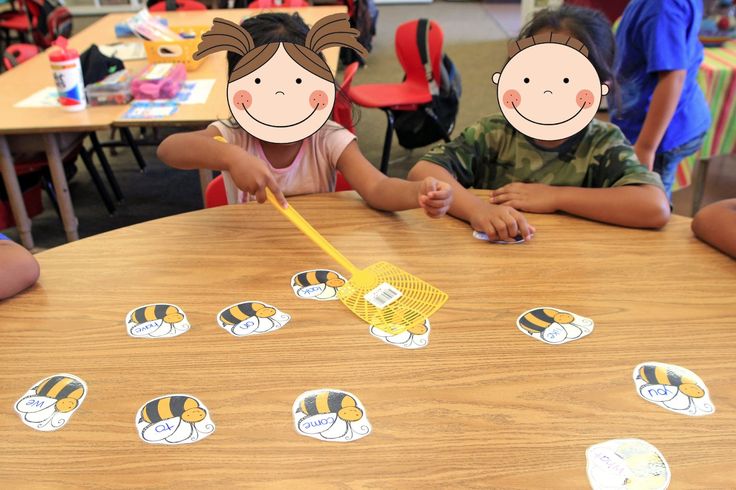 You need to feel the mood of the crumbs and, if necessary, stop the game.
You need to feel the mood of the crumbs and, if necessary, stop the game. - Exercise regularly with your child. Try to set aside at least 15 minutes a day for joint activities.
Conclusions
Games at home with children are interesting and cool, but there is not always time and ideas for this. In order not to deprive the child of the opportunity to fully develop, you can take him to a specialized children's center or kindergarten "Baby Club", where the child will receive the necessary skills in a playful way and will develop all types of intelligence. Specially equipped and safe rooms for classes are suitable for children of different ages: from 8 months to 7 years. Professional educators support the natural curiosity of children, directing it in the right direction.
7 educational games for children 3-4 years old
- Tags:
- Expert advice
- 3-7 years
- games for children
At this age, the child has already become much more conscious and independent. Most children of three or four years old already know how to invent games on their own.
Most children of three or four years old already know how to invent games on their own.
They are much more than before, interested in communication with peers. But in fact, they need the attention of a parent and other significant adults no less than before. And it is the parent who can choose the right games to develop those skills that are important at this age.
What skills do children develop at 3-4 years old?
Emotional development
At this age, the child actively explores the world through role-playing games: he tries certain roles that he observes in the world around him. For example, he tries on various family roles, playing "daughters-mothers". Through the game, he learns different professions that he sees around him: he creates his own “shop” (salesman), “drills” with a drill and knocks with a hammer (master), taps his fingers on a spare keyboard - works on a computer.
Role-playing games are a good opportunity for a parent to help a child work through some fears or problems in relationships with peers, because it is at this age that a small person is actively looking for his place in the kindergarten team, on the playground and in circles.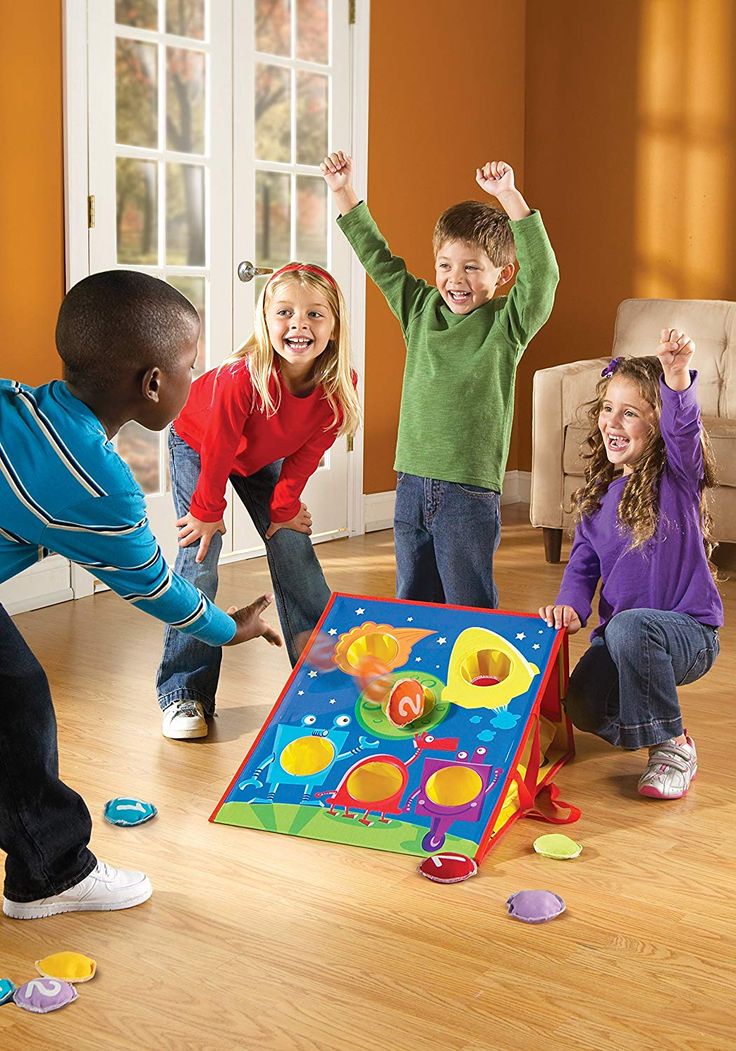 If a child is not yet ready to invent games himself, then an adult shows him an example - in other words, plays with him. In addition, the parent can offer the child to play those games that he, in turn, will offer as a joint activity to his peers.
If a child is not yet ready to invent games himself, then an adult shows him an example - in other words, plays with him. In addition, the parent can offer the child to play those games that he, in turn, will offer as a joint activity to his peers.
Intellectual development
The baby is already beginning to take an active interest in letters and counting, to study geometric shapes and colors. Some children at this age are able to count not only up to ten, but even beyond, while others can learn to read and even write simple words.
The development of logic
A small person is already able to structure objects according to their properties and divide them into groups: furniture, dishes, vegetables, fruits, wild animals, domestic animals. He is able to determine which object in the group is superfluous, which, on the contrary, is missing in the picture. Can describe the properties of objects. Of course, a parent should help his child develop these abilities.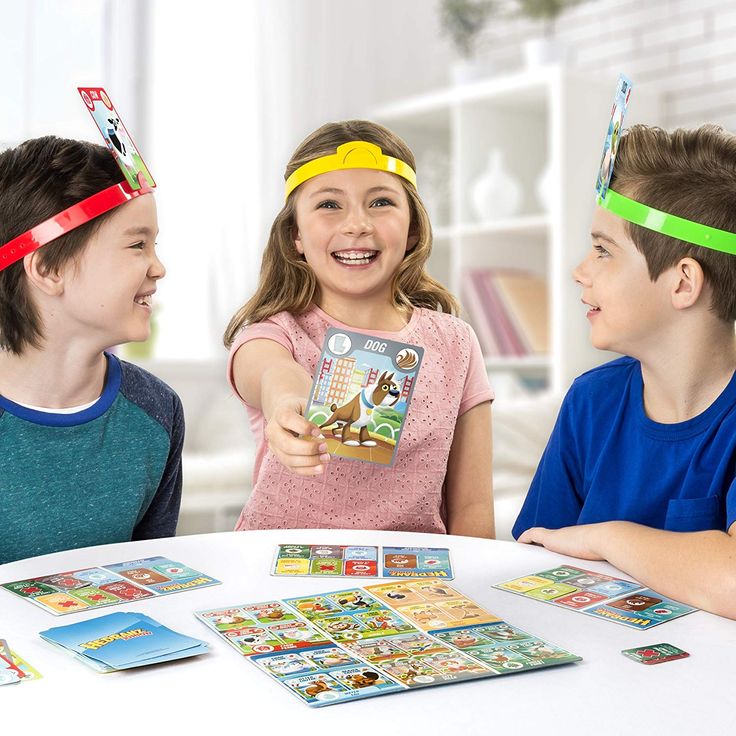
World around
At this age, a preschooler is already able not only to perceive natural phenomena emotionally and aesthetically, but also to show a clear cognitive interest in them. He asks questions about weather phenomena, understands the times of day and seasons. With it, you can begin to study the real nature in the neighboring forest park: what trees and flowers grow there, what birds and animals inhabit it.
7 games with children aged 3-4
Role play to overcome fears
How can I help my child overcome his fears using regular play? For example, if a child is seriously afraid that a gray top will come and bite on the barrel, then you can try to play wolf and hare with him.
Let the little one try himself in the role of each animal in turn: he will be a cunning wolf strategist who hunts a hare, and an inventive hare escaping a wolf. The experience gained during the game will help him to make sure that the hare can run away and that it is not so easy to catch him.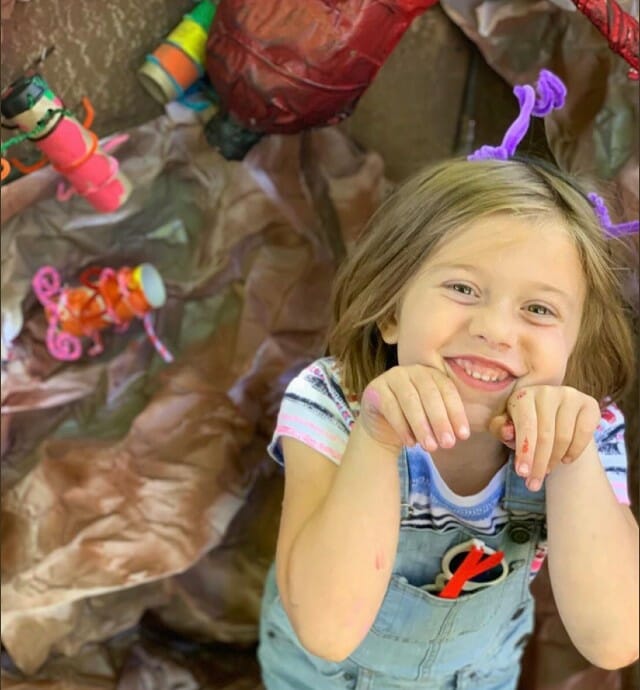
In the same way, you can come up with a game in which a knight defeats a dragon, Kolobok runs away from a fox and other fairy-tale roles about a defenseless victim and a pursuer.
Role play to overcome problems in relationships
Psychologists Irina Medvedeva and Tatyana Shishova came up with a very interesting form of communication between a parent and a child in order to help a child overcome behavioral problems - playing the dog and its owner.
An adult can be a dog that, for example, behaves aggressively, or, on the contrary, is very shy and cannot defend itself from offenders (here you can choose any situation that is difficult for the child right now). And the child in the role of a wise owner will help his beloved dog overcome difficulties. Then you can change - let the baby be a dog in need of authority, support and protection, and the owner will give his pet specific advice on what and how to do in order to defend his boundaries.
Letter and counting game
For the sake of generating interest in letters and numbers, you can play the game “what does this letter look like?”.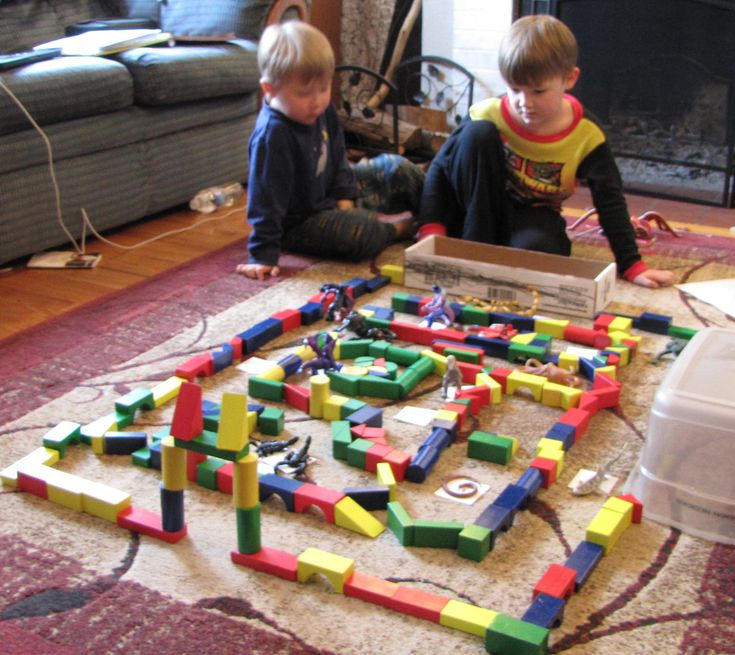 For example, the letter "A" looks like a stepladder, "B" looks like broken glasses. At the same time, for clarity, together with the baby, draw or sculpt a letter and the object that it resembles from plasticine.
For example, the letter "A" looks like a stepladder, "B" looks like broken glasses. At the same time, for clarity, together with the baby, draw or sculpt a letter and the object that it resembles from plasticine.
Game for learning geometric shapes
Flat geometric shapes can be cut out of colored paper with your child. And then stick on the sheets, making pictures of them - houses, roads. Volumetric geometric shapes - a cube, a pyramid, a parallelepiped, a cone - can be glued from cardboard. And then draw in the windows who lives in them, and build towers and castles out of them.
A game for learning groups of objects to develop logic
It doesn't have to be boring to memorize that a banana is a fruit and a tomato is a vegetable. Instead, you can arrange an exciting game in the garden and the garden, or feed the toys healthy food from carbohydrates.
In the same creative way, it is possible to approach the study of all the necessary groups of objects: furniture (play dollhouse), farm animals (play farm).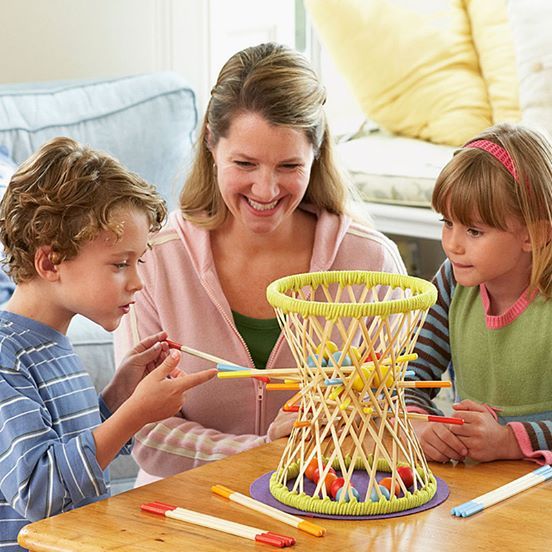 At the same time, it is not at all necessary to buy a chic dollhouse or a whole farm of plastic cows and sheep: you can, for example, glue the house out of paper, and cut the animals out of some old magazine or book.
At the same time, it is not at all necessary to buy a chic dollhouse or a whole farm of plastic cows and sheep: you can, for example, glue the house out of paper, and cut the animals out of some old magazine or book.
Puzzle game for the development of logic
Puzzles are, in fact, also a game of the whole and its parts. Therefore, collecting them is an important skill in three to four years. Again, there is no need to buy expensive puzzles in the store when you can simply cut into several parts a postcard or a picture from an old calendar.
Games for exploring the surrounding world
Before a walk in the park, you can get ready: find out what animals and birds live near you. You will be surprised when you find out that hares live in the neighboring park! You can not only feed squirrels, but also tell your child how they prepare supplies for the winter.
In the same way, you can study not only fauna, but also flora: trees and herbs that grow nearby.